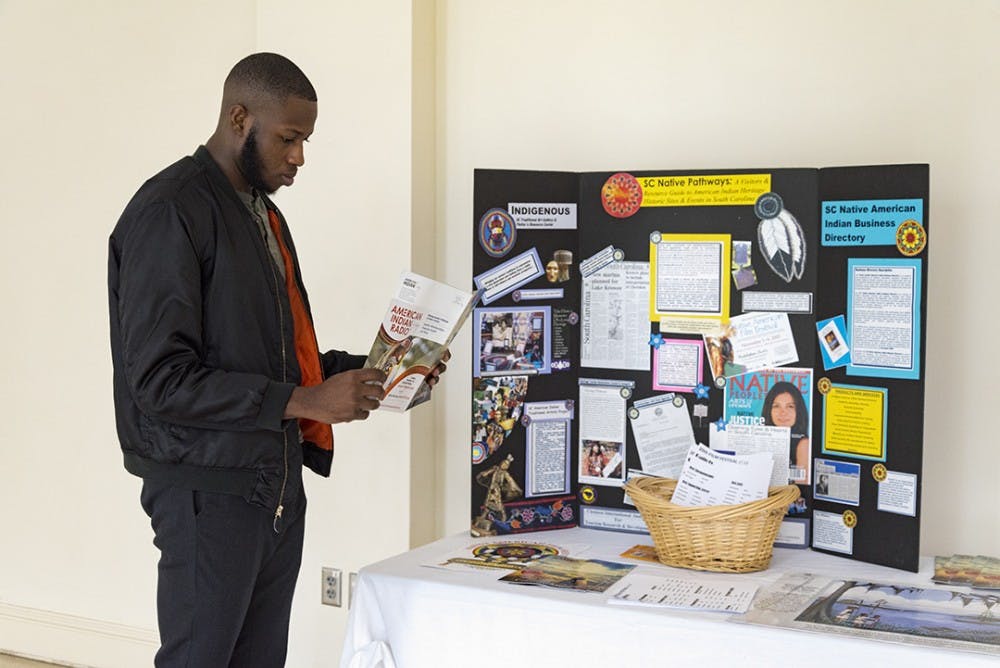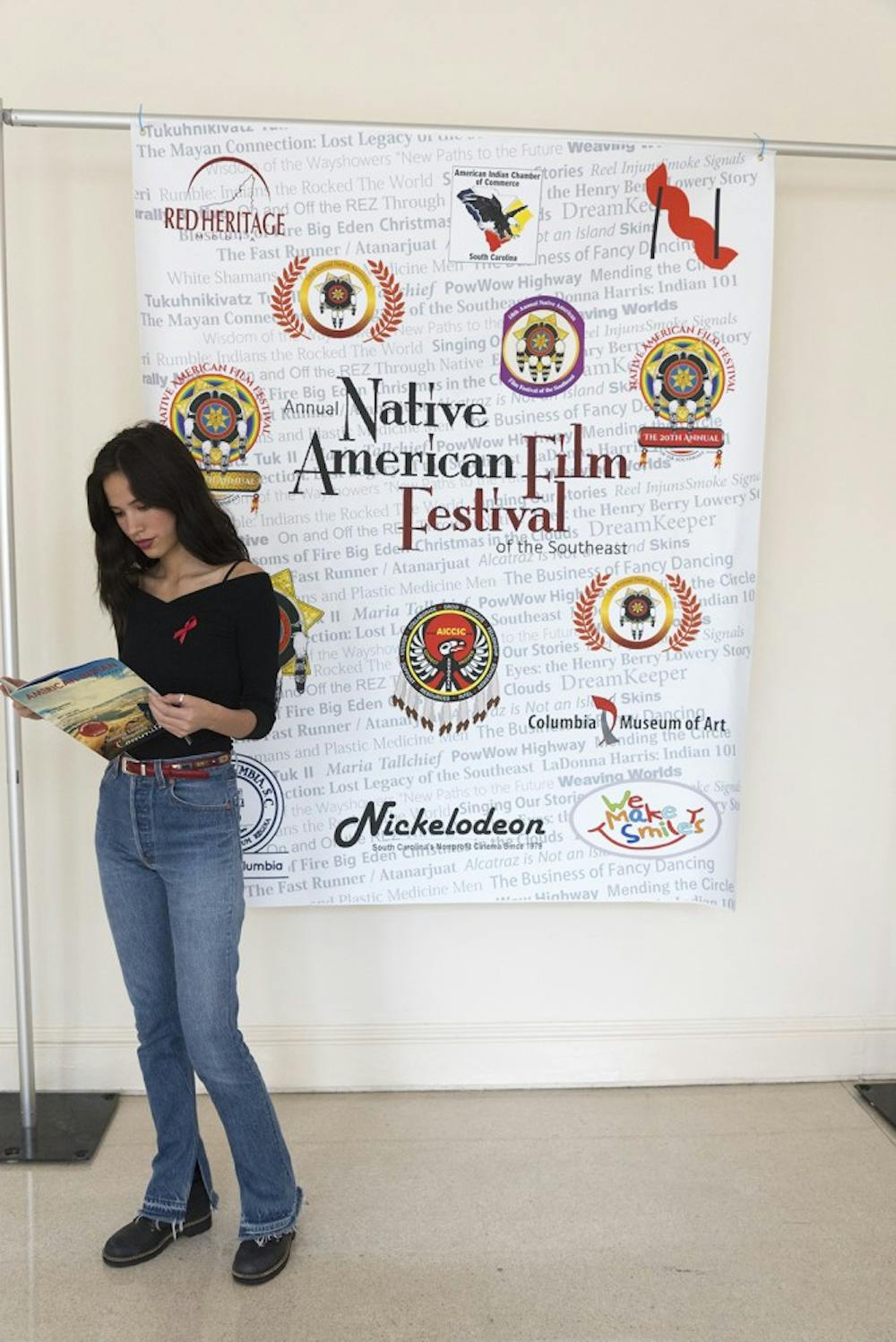The Native American Film Festival of the Southeast made its debut effort in 1997 to educate the public about the different issues indigenous people face daily. Twenty years later, the festival still comes to Columbia; this year's will be held from Nov. 5 through Nov. 14, coinciding with Native American Heritage Month.
This year, the launch for the festival was held at the Columbia Museum of Art on Nov. 5 from 12:30 p.m. to 4 p.m., but films will be showed at multiple venues around the Southeast, including USC's campus.
The festival is the longest ongoing film festival of its kind in the southeast. The issues it addresses are not always the topic of popular discussion, so the it gives people a platform to communicate about things that may be overlooked.
Will Moreau Goins is the chief executive officer for the Eastern Cherokee, Southern Iroquois and United Tribes of South Carolina. He initially brought the festival to campus with the intention of showing younger filmmakers here what young Native American filmmakers were doing.
"It’s a film festival that brings indie films or native-made, -produced, -directed films that are not really coming out of Hollywood but are coming out of Indian country or indigenous communities throughout the entire globe," he said.
Goins explained that the festival started with just Native American films and has transformed to include work from indigenous people all around the world.
The film festival takes on different themes every year. A national and international call is put out preceding the festival, so the films focus on whatever issues are prominent at the time.
This year, the films include themes such as water rights, the Dakota Access Pipeline controversy, mascot issues, domestic violence and African American and Native American connectedness.

Kelsey Asbille stars in "Wind River," one of the films shown at the Columbia Museum of Art, and hosted a FilmTalks Q&A about the film. Asbille is part of the native community and from Columbia.
"It’s really a social film; it really sheds light on the missing and murdered indigenous women," Asbille said. "It’s just not part of a national discussion right now, so hopefully, it not only raises awareness, but it also ... will affect change."
This is Asbille’s first time attending the festival, and she is excited to bring "Wind River" to her hometown.
"It not only encourages native voices, but it also provides an education that’s ... deeply personal," Asbille said.
Part of this education is the panel discussions that will take place throughout the festival, meant to facilitate conversations about issues that people might not otherwise explore.
Goins says he hopes that the festival will "open up a window of communication" between what he calls Indian country and non-native people. He finds it important to expose non-native people to different voices in the Native American community, and film is one way of doing just that.
"Film is a transformative medium," Goins said. "It’s a medium that can get people to really think about things. It’s very intimate."

